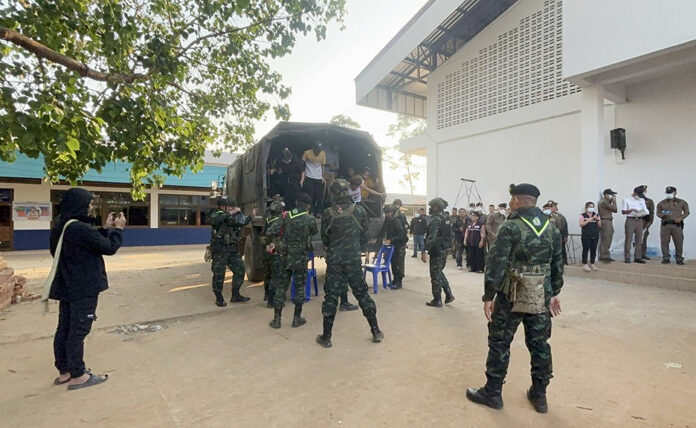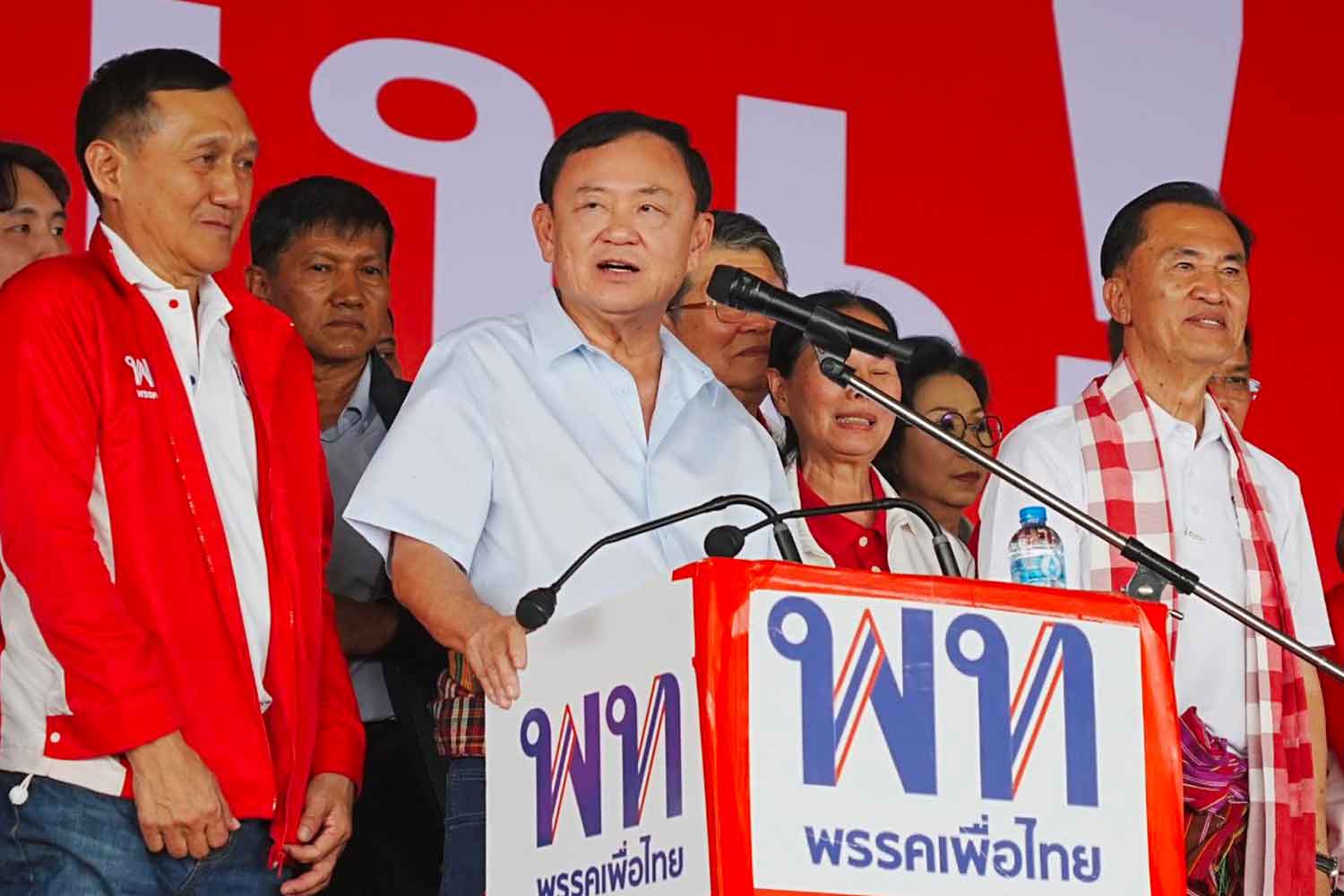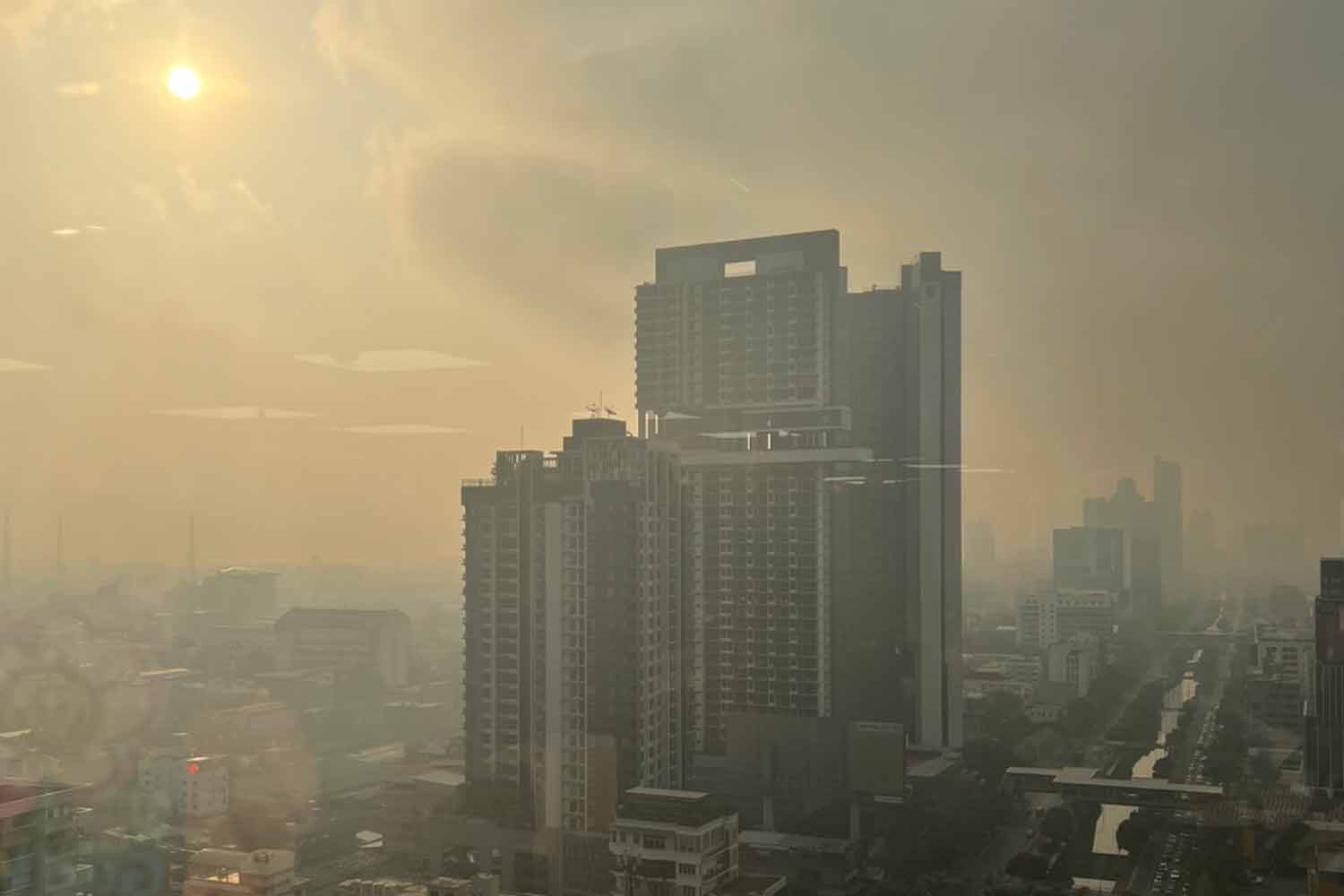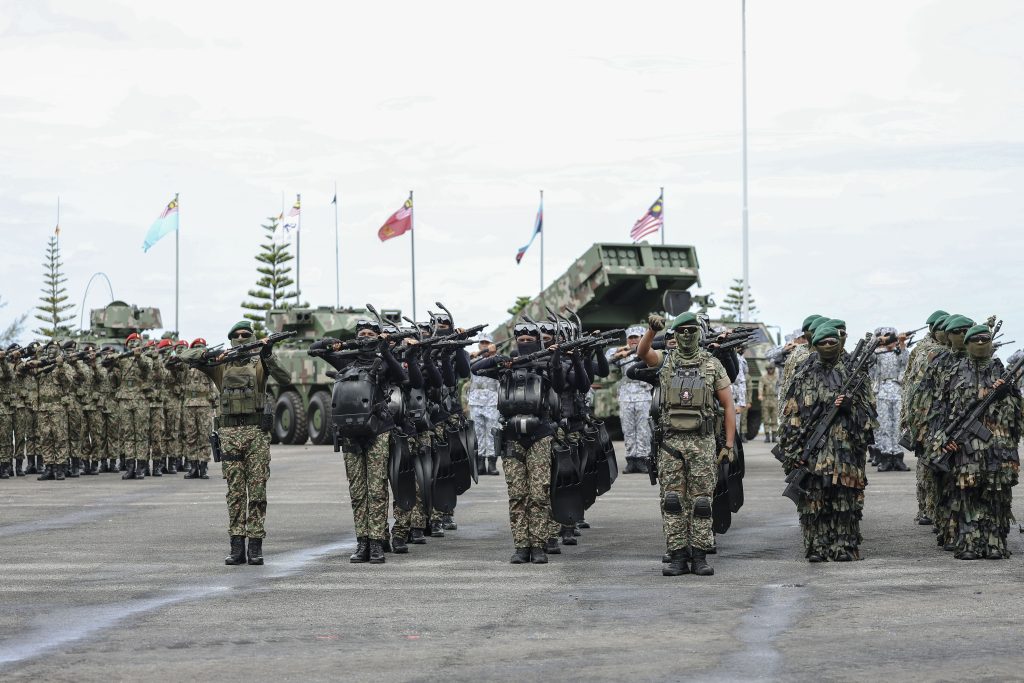Paetongtarn Shinawatra Highlights Chinese Ancestry to Address Tourist Security Concerns
In an effort to alleviate safety concerns among Chinese tourists, Thai Prime Minister Paetongtarn Shinawatra emphasized her Chinese heritage during a recent visit to Beijing. She assured that she had personally reviewed security measures to ensure the safety of Chinese visitors in Thailand.
Addressing Security Issues Following Recent Incidents
The Prime Minister’s statements come in the wake of heightened security concerns among Chinese nationals—the largest group of foreign tourists to Thailand—following the abduction of a minor Chinese actor in Thailand last month, who was later rescued from a scam center in Myanmar. This incident has led to increased discussions about safety among potential visitors.
Strengthening Bilateral Cooperation and Infrastructure Development
Beyond addressing security concerns, Prime Minister Paetongtarn’s visit to China focused on enhancing cooperation in areas such as infrastructure, electric vehicles, and the digital economy. She emphasized the importance of Chinese tourists feeling at home in Thailand, mirroring the comfort Thai people experience when visiting China.
Government Actions to Combat Scam Centers
In a proactive measure to combat scam centers operating near its borders, the Thai government announced plans to suspend electricity supply to certain areas along the Myanmar border. This initiative aims to dismantle operations that have victimized individuals of various nationalities.
Chinese President Commends Thailand’s Efforts Against Transnational Crime
Chinese President Xi Jinping praised Thailand’s efforts to suppress transnational crimes, including cutting off utilities linked to criminal activities. He called for strengthened mutual trust and expanded cooperation between China and Thailand to address global uncertainties and enhance regional security.
Prime Minister’s Assurance of Safety for Chinese Tourists
Highlighting her own Chinese ancestry, Prime Minister Paetongtarn assured that Thailand is committed to ensuring the safety of Chinese visitors. She stated, “I guarantee that it’s going to be very safe for Chinese people.”
Former Prime Minister Thaksin Shinawatra on Strengthening Bilateral Relations
Former Prime Minister Thaksin Shinawatra noted that Paetongtarn’s visit aims to deepen bilateral ties and promote better understanding between Thailand and China. He highlighted ongoing collaborations to curb call center scams, particularly those operating in border towns in Myanmar. Thaksin emphasized the need for cooperation with neighboring countries, including Cambodia, to eradicate these criminal networks.
Government’s Measures to Disrupt Scam Operations
As part of its crackdown on scam operations, the Thai government has cut electricity supply to five locations along the Thai-Myanmar border: the Second Thai-Myanmar Friendship Bridge-Myawaddy, Ban Huay Muang-Myawaddy, Three Pagodas-Payathongzu, Ban Mueang Daeng-Tachileik, and the First Thai-Myanmar Friendship Bridge-Tachileik. These actions aim to disrupt the infrastructure supporting illicit activities in these areas.
Defense Minister Addresses Border Checkpoint Operations
Defense Minister Phumtham Wechayachai dismissed reports that Myanmar had closed the First Thai-Myanmar Friendship Bridge immigration checkpoint in response to the electricity cuts. He clarified that the government was notified of the measure and that security authorities have been informed to manage the situation appropriately.









